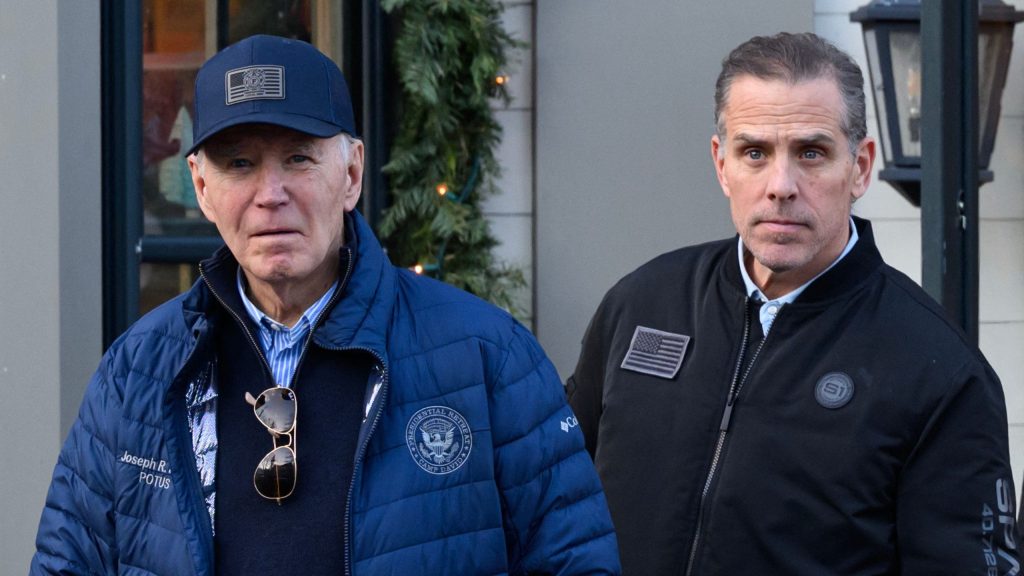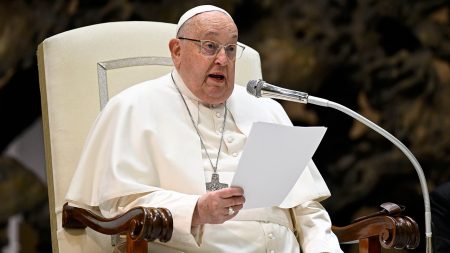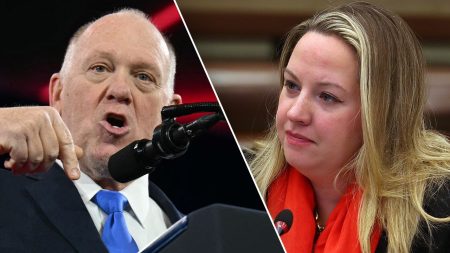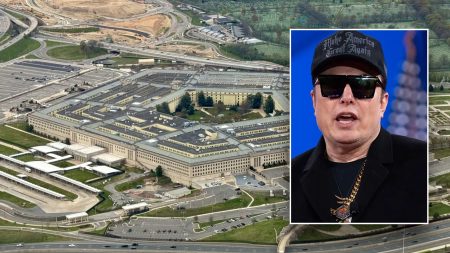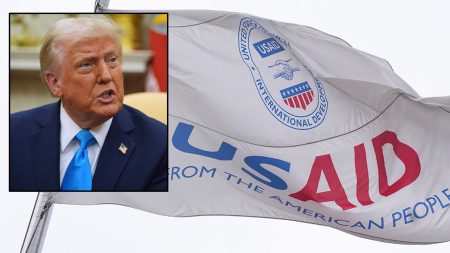Lunden Roberts, the mother of Hunter Biden’s daughter, Navy Joan Roberts, has expressed her support for President Biden’s decision to pardon his son, Hunter. Roberts, whose memoir “Out of the Shadows: My Life Inside the Wild World of Hunter Biden” details her relationship with Hunter and the subsequent birth of their daughter, frames the pardon as an act of parental love, a sentiment she believes many parents, though perhaps not all, can understand. She emphasizes her wish to see similar love extended to her daughter, Navy Joan, and hopes President Biden will embrace his role as a grandfather to her child. Roberts’ statement, released through her publisher Skyhorse, underscores her belief that Hunter has been unfairly targeted due to his familial connection to the President, subjected to a harsher level of scrutiny than others who have committed similar offenses. This perspective highlights the unique pressures and challenges faced by individuals connected to high-profile figures, particularly in the political arena.
President Biden’s decision to pardon Hunter has ignited considerable debate. The pardon covers all offenses Hunter may have committed between January 1, 2014, and December 1, 2024, effectively encompassing his conviction on federal gun charges in Delaware and his guilty plea on federal tax charges in California. This broad scope has raised questions about the extent of presidential pardon power and its potential implications for the rule of law. While some view the pardon as an act of paternal love and protection, others criticize it as an abuse of power, potentially setting a precedent for shielding individuals from accountability due to their political connections.
The pardon also brings to light the complex dynamics within the Biden family. Roberts’ statement highlights the personal toll the situation has taken on her and her daughter, particularly in light of the initial reluctance of the President to acknowledge Navy Joan as his grandchild. The White House Christmas stocking display, which for years included only six grandchildren, excluding Navy, became a symbolic representation of this familial tension. The President’s eventual acknowledgment of Navy in July 2023 marked a significant shift, though questions remain about the ongoing relationship between Hunter, his daughter, and the broader Biden family.
Roberts’ memoir provides a detailed account of her relationship with Hunter Biden, revealing the challenges she faced as a single mother navigating the complexities of Hunter’s personal struggles, including his addiction issues. The book offers insights into the personal lives of individuals caught in the orbit of political figures, shedding light on the human cost often obscured by the public spectacle of political life. Roberts’ story underscores the challenges faced by individuals seeking to raise their children amidst highly publicized circumstances, and the emotional toll associated with navigating complex family dynamics.
The ongoing legal proceedings and subsequent pardon raise several significant legal and ethical questions. The scope of the pardon itself, covering a wide range of potential offenses, raises concerns about the potential for abuse of presidential power and the erosion of accountability. Additionally, the timing of the pardon, occurring shortly before Hunter Biden’s scheduled sentencing, further fuels the debate surrounding the motivations behind the decision. Critics argue that the pardon undermines the principles of equal justice under the law, while supporters maintain it reflects a father’s love and concern for his son’s well-being.
Looking beyond the immediate legal and political implications, the case highlights the human drama that often unfolds behind the headlines. Lunden Roberts’ story, as detailed in her memoir and subsequent statements, provides a glimpse into the personal struggles faced by individuals navigating the complexities of relationships, parenthood, and public scrutiny. The saga serves as a reminder that even within the highest echelons of power, deeply personal issues of family, love, and forgiveness can play a significant role, often with far-reaching consequences. The ongoing dialogue surrounding the pardon will undoubtedly continue to shape public perceptions of presidential power, family dynamics, and the intersection of personal and political life.




